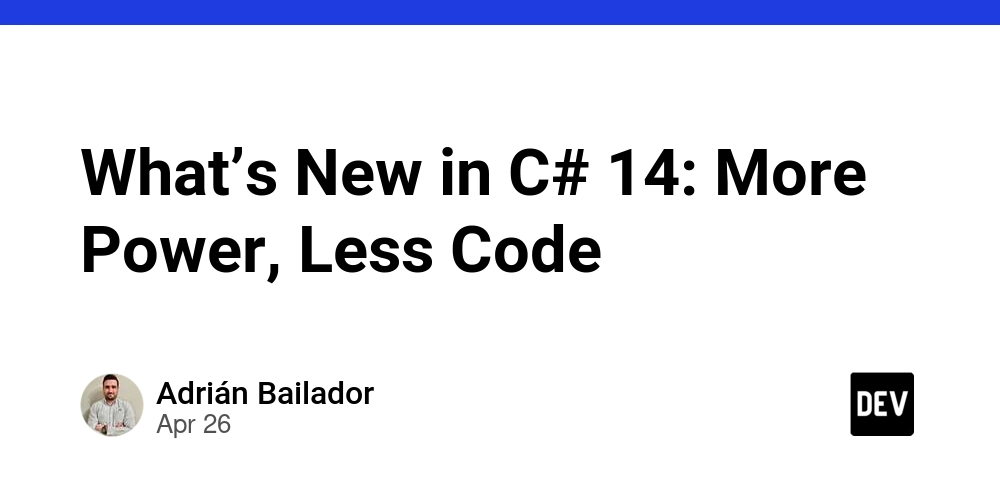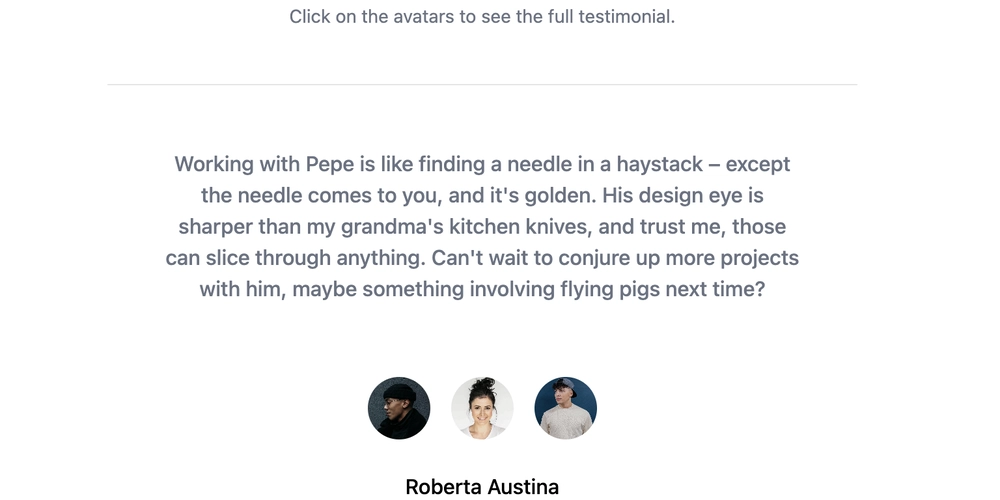
Tame Your React Native Project: Mastering Absolute Imports for Cleaner Code
Tired of wrestling with endless ../../../../ in your React Native project? Absolute imports are your secret weapon. This guide provides a step-by-step walkthrough to implement them, significantly improving code readability and project maintainability. Say goodbye to messy relative paths and hello to streamlined development!
Why Absolute Imports are a Game-Changer for React Native
Absolute imports offer a more intuitive and efficient way to manage your project's dependencies. Here’s why you should make the switch:
- Clean Code: Eliminate the clutter of relative paths. No more counting
../! - Effortless Refactoring: Move files without fear of breaking import statements.
- Enhanced Readability: Instantly understand where components originate, improving code comprehension.
- Faster Development: Stop wasting time fixing broken paths.
Step 1: Install the babel-plugin-module-resolver Package
This Babel plugin is the key to unlocking absolute imports. Install it as a development dependency:
Step 2: Configure Absolute Paths with jsconfig.json or tsconfig.json
Define your project's root and path aliases in a configuration file. Choose the appropriate file based on your project type:
JavaScript Projects (jsconfig.json)
Create a jsconfig.json file in your project root directory. If a tsconfig.json file exists, you should remove it to avoid conflicts.
TypeScript Projects (tsconfig.json)
If you're using TypeScript, create or modify your tsconfig.json file to include similar path aliases. Ensure the aliases match your project structure.
Step 3: Update Your Babel Configuration (babel.config.js)
Modify your babel.config.js file to include the module-resolver plugin and configure your aliases.
Important: Remove react-native-reanimated/plugin if you are not using React Native Reanimated.
Absolute Imports in Action: From Messy to Magnificent
See the difference absolute paths make in your React Native code:
❌ Old Way (Relative Paths)
✅ New Way (Absolute Paths)
Troubleshooting Common Issues
Having trouble getting VS Code to recognize the new paths? Here's a quick checklist:
-
Restart Everything: Close VS Code completely, clear your
node_modules, reinstall dependencies, and reset the Metro bundler cache:Reopen VS Code and allow it to re-index your project.
-
Verify Configurations: Double-check that your
jsconfig.json(ortsconfig.json) andbabel.config.jsfiles are correctly configured and that the aliases match perfectly.
Customization Tips for Maximum Efficiency
Tailor absolute imports to your specific project needs:
- Project-Specific Aliases: Replace
app-with your project name (e.g.,myproject-components). - Expand Your Aliases: Add aliases for common directories like
utils,services, orhooks. - Team Consistency: Ensure all team members use the same aliases for a unified codebase.
Embrace Cleaner Code with React Native Absolute Imports
Switching to absolute imports in React Native is a simple yet powerful change that brings significant improvements to code clarity, maintainability, and developer productivity. Start using them in your projects today and experience the benefits of a cleaner, more organized codebase!























